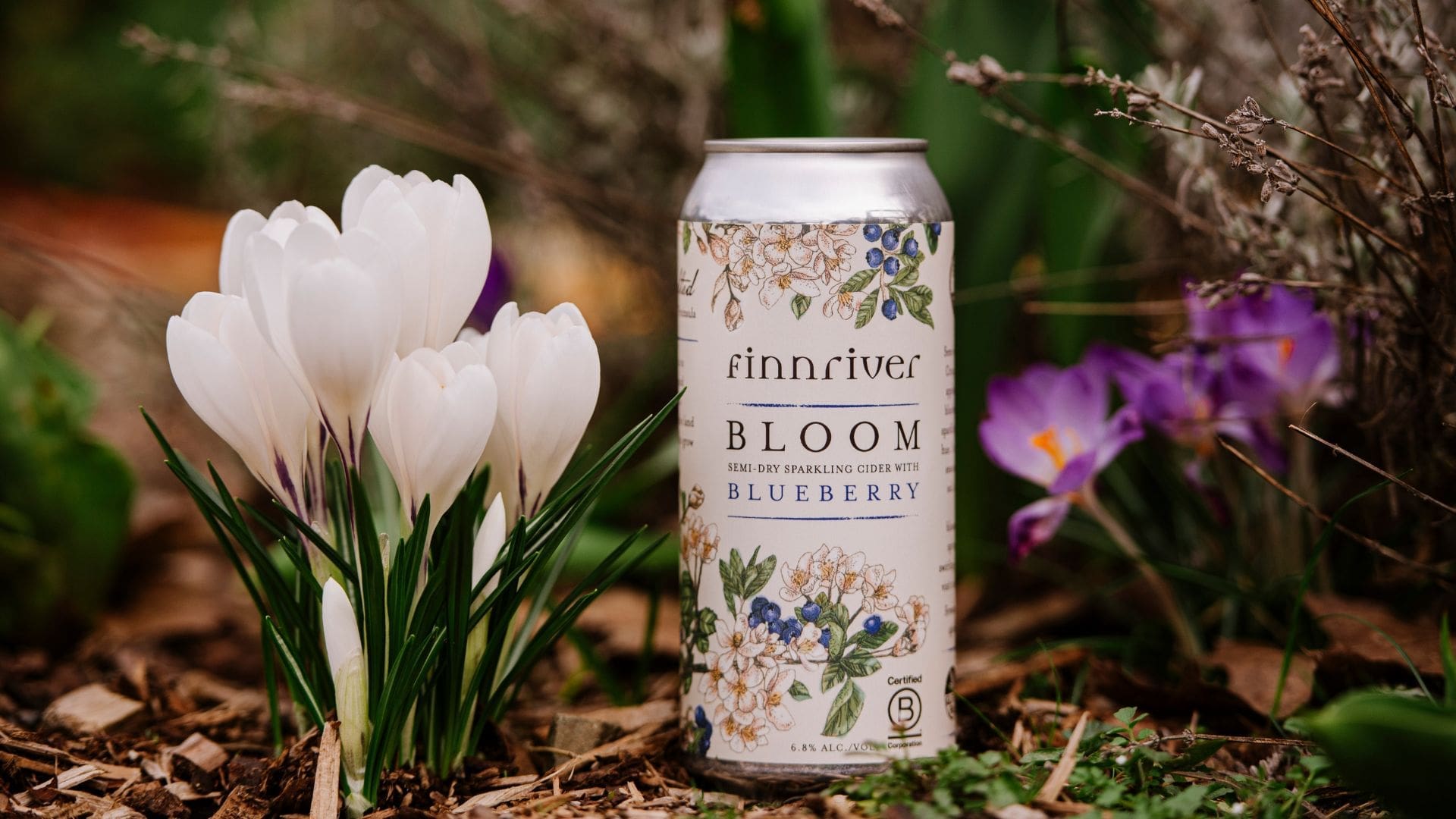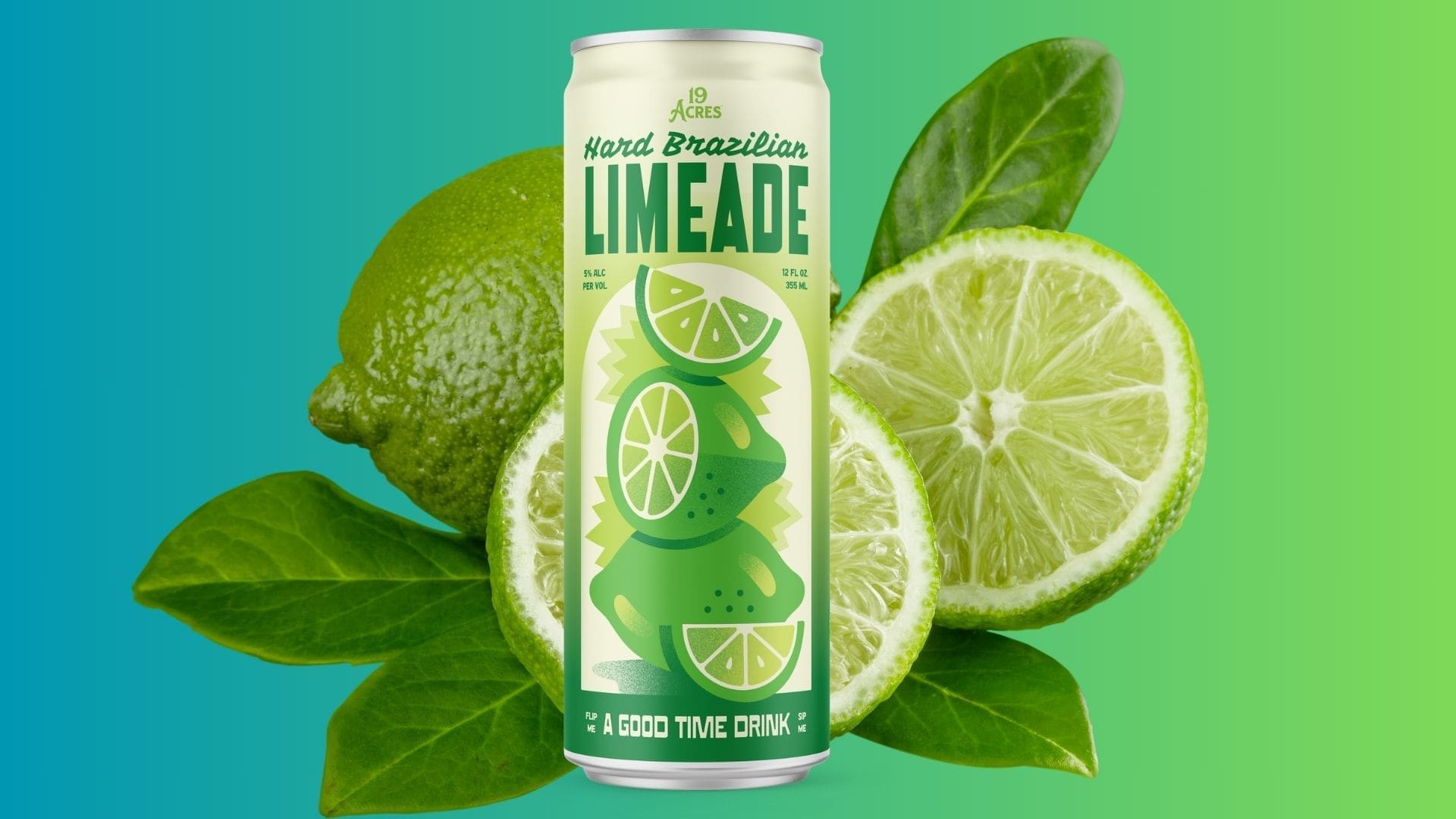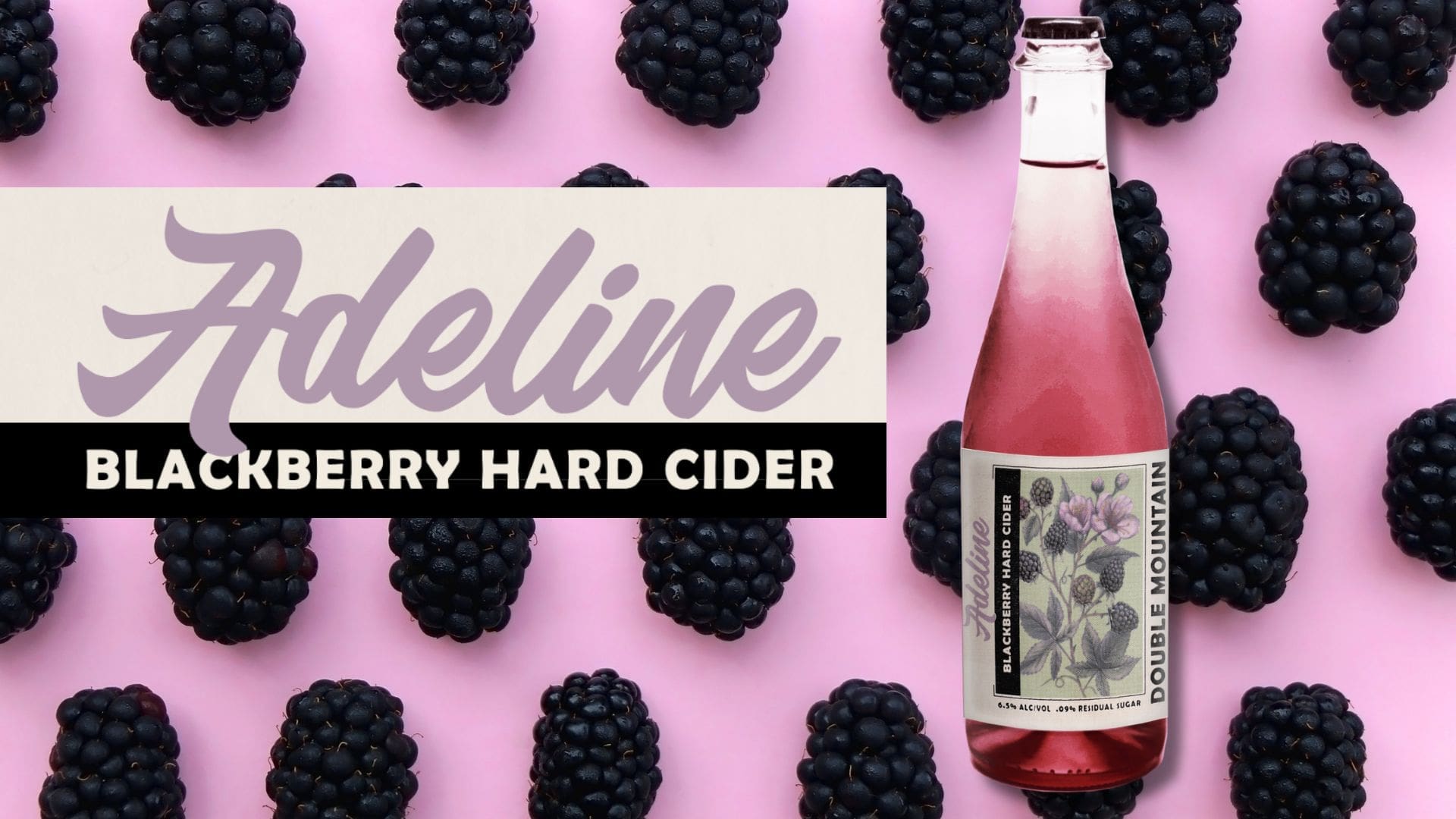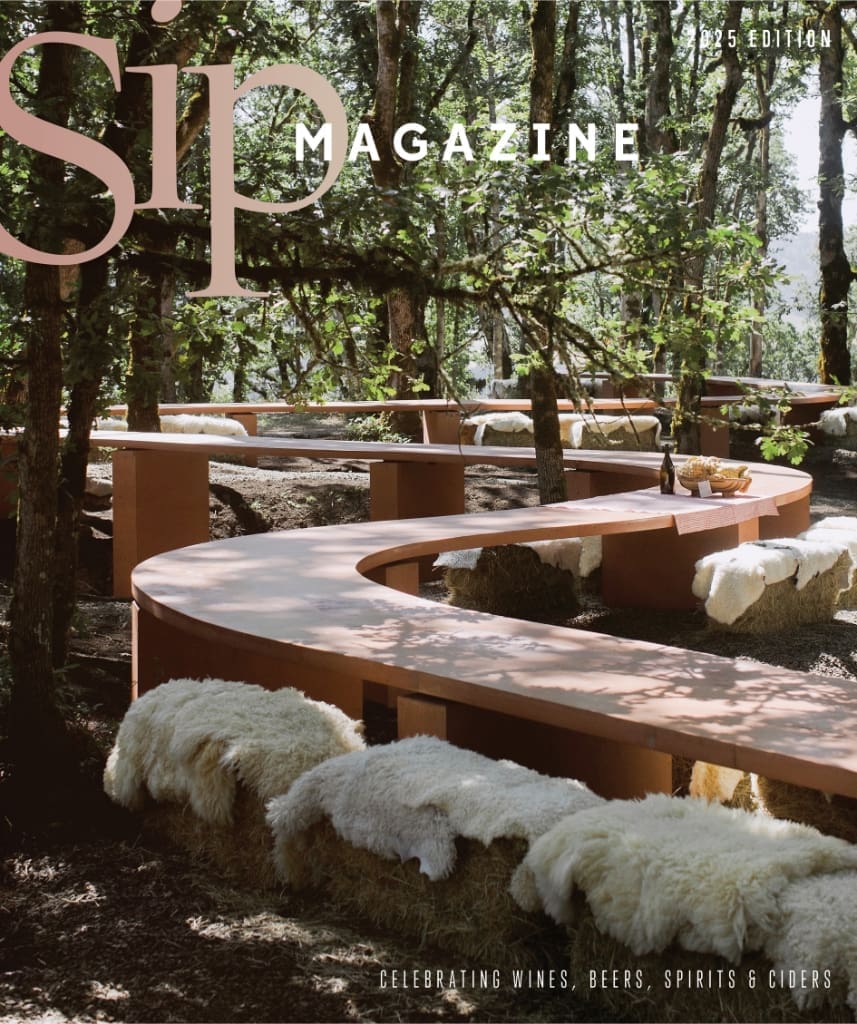Is the United Kingdom cider’s spiritual home? For many cider pundits, the answer is a resounding yes. Dating as far back as 1000 BC, evidence suggests that Celtic Britons were making and drinking a form of cider pressed from crab apples. Where the beverage truly originated is still up for debate. But, what’s undeniable is the impact the U.K. has on the world of cider. The U.K. boasts the largest cider market both globally and across Europe, it’s home to the largest commercial cider brands in the world and consumes about half of all the world’s cider (compared to 10 percent in North America).
This rich cider heritage prospers, especially in England, with longstanding family brands and newer farmhouse producers who adhere to traditional practices and ingredients. A mix of bittersweet and bittersharp classic English cider apples like Kingston Black, Dabinett, Yarlington Mill, Foxwhelp and Somerset Redstreak define English cider, a drink noted for bold tannins and heirloom orchard fruit.
Another style variation for English cider comes from the use of wild yeasts, barrel-aging and blending. In the glass, these ciders are most often notably dry with high tannins and lower carbonation. If the cider goes through malolactic fermentation, it can take on a pleasant funk or earthiness, a character also referred to as “farmyard” and often being nicknamed a “scrumpy.” Some Northwest producers are sourcing specialty apples to make their own version of an English-inspired cider. Whichever version you choose, it’s a celebration of cider history.
Oliver’s Cider and Perry Gold Rush #4
Herefordshire, England
With alluring aromas of green apple and subtle funk, this cider packs bold flavors with a zippy finish. A mix of heirloom bittersweet and sharp cider apples were fermented slowly with wild yeasts in old oak barrels, followed by a second fermentation using fruit sugar and lambic yeasts. This is the fourth transatlantic collaboration between Tom Oliver of Oliver’s Cider and Perry, Greg Hall of Virtue Cider in Michigan and Ryan Burk of Angry Orchard in New York.
Aspall Imperial Vintage
Suffolk, England
The grand dame of cidermaking in the United Kingdom, Aspall was established in 1728 by Clement Chevallier, and the eighth generation is still working the orchards and cidery today. While the light and tangy Aspall Dry English cider stands as a classic, this tribute cider promises robust and layered baked apple flavors with a dusting of caramel and burnt sugar.
Alpenfire Cider Organic Pirate’s Plank “Bone Dry”
Port Townsend, WA
Hailing from the first organic cidery in Washington State, this English farmhouse-inspired cider is made from an estate blend of bittersharp and bittersweet apples. It’s aged in neutral white oak for up to four months, unfiltered, unpasteurized and bottle-conditioned. With a touch of green apple and an exceptionally dry finish, this mouthwatering cider might be the driest to pass your lips.
This story originally ran in the spring 2017 print edition of Sip Northwest magazine. For the full story and more like it, click here.








